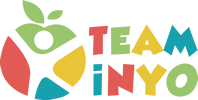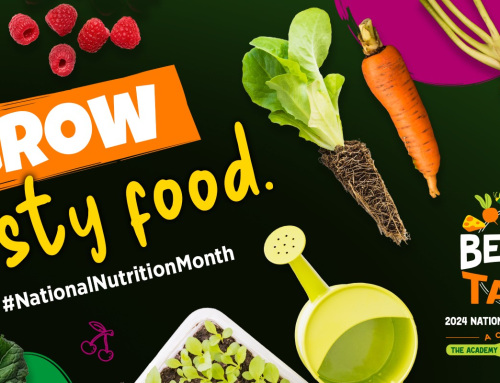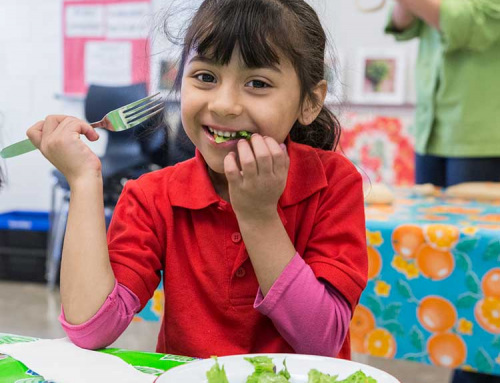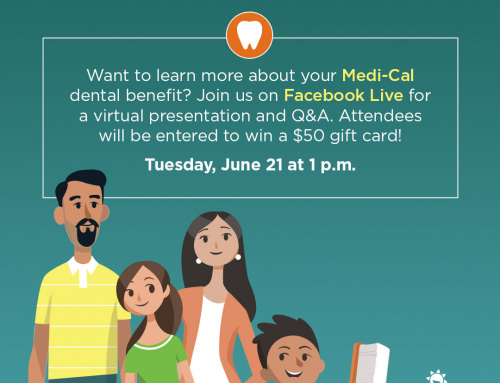
If you are a parent, you may have thought about how to talk with your teen about healthy relationships and sex. It may not be comfortable or easy to bring up the subject, but national research, and teens themselves, say parents have the greatest influence over their decisions about sex. According to the Journal of Adolescent Health, teens who report talking with their parents about sex are more likely to delay having sex and to use condoms when they do have sex.
But how do you talk with your teen about sex? Stay informed. Know the most up-to-date information on ways to prevent HIV, sexually transmitted diseases (STDs), and pregnancy (abstinence, condoms and contraception, and HIV/STD testing). Get your child vaccinated against human papillomavirus (HPV). Know where your teen is getting information and what health messages your teen is learning. Be relaxed and open. It’s okay to say you don’t have all the answers. Avoid overreacting. Let your teen know that you value his or her opinion, even if it is different from yours. Take your teen to regular, preventive care appointments and allow time for your teen to talk with doctors or nurses alone about health issues. Make sure you talk about healthy, respectful relationships and your own expectations for your teen about relationships and sex.
Unique factors place youth at risk for STDs. Americans ages 15-24 make up just 27% of the sexually active population, but account for 50% of the 20 million new STDs in the U.S. each year. Many do not know they’re infected because STDs often have no symptoms. Young women are especially vulnerable because young women’s bodies are biologically more susceptible to STDs. Many young women don’t receive the chlamydia screening the CDC recommends. Youth should get tested, reduce risky behaviors, and get vaccinated against HPV (human papillomavirus), the virus that causes genital warts and cervical cancer.
The only sure way to prevent pregnancy and STDs is to NOT have sex. Condoms are the only birth control that reduces the risk of both pregnancy and STDs, including HIV. But, in order to work, condoms must be used correctly and must be used every time. It’s important to know, however, that they cannot completely protect from some STDs, like herpes, syphilis, or HPV.
In our local area, youth can request information about preventive services, including condoms, at Inyo County Health & Human Services Public Health office, 207A W. South St., Bishop, or call 760-873-7868. In addition, Toiyabe Indian Health Project Family Services Department offers a program called Tribal Prep for Native American youth ages 12 and up to help youth learn about teen responsibility, reproductive health and preventing HIV, STDs, and pregnancy. Youth can visit the Toiyabe Family Services Department for information about preventive services and condoms.
Also, check out these great resources:
http://www.cdc.gov/healthyyouth/protective/positiveparenting/index.htm
http://www.hhs.gov/ash/oah/resources-and-publications/info/parents/get-started/quiz.html






